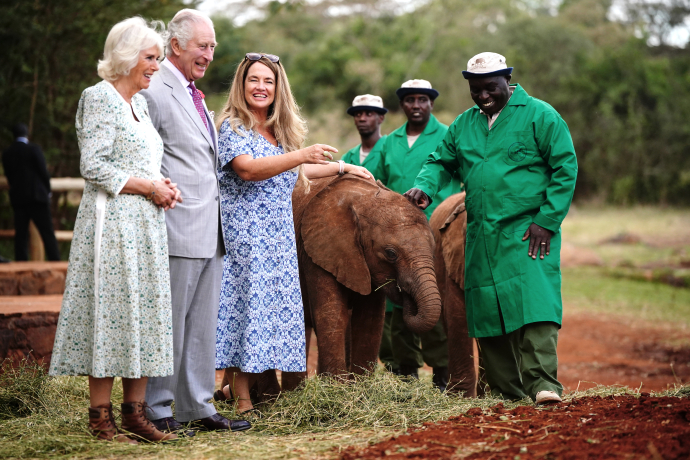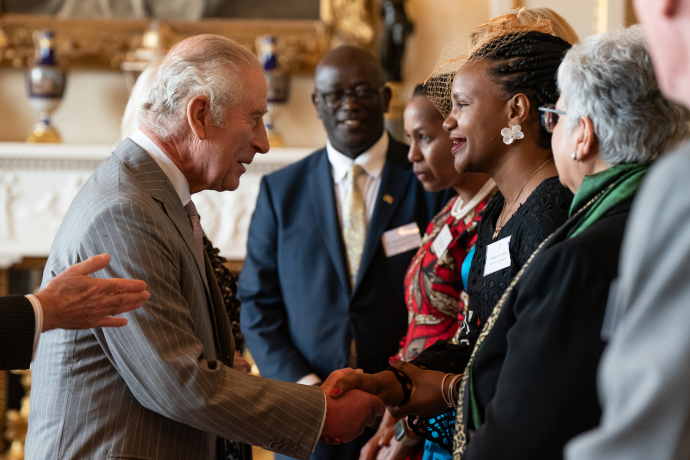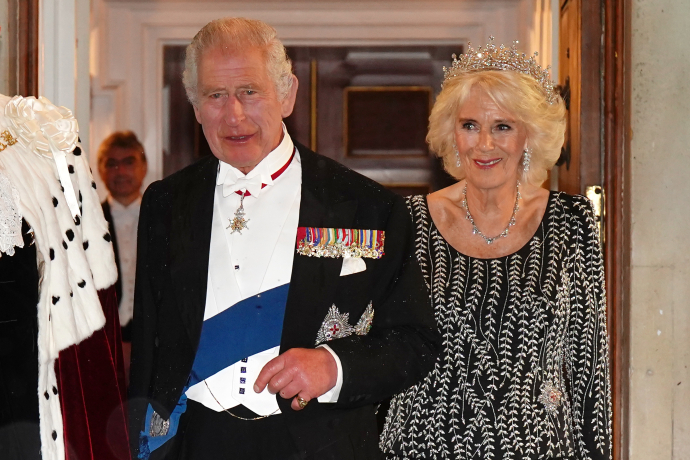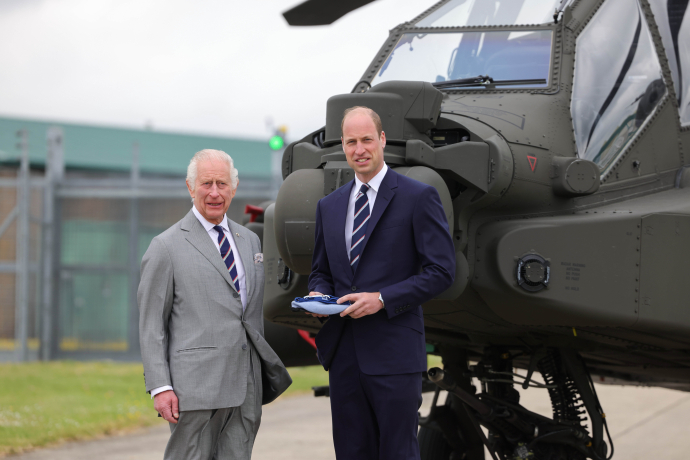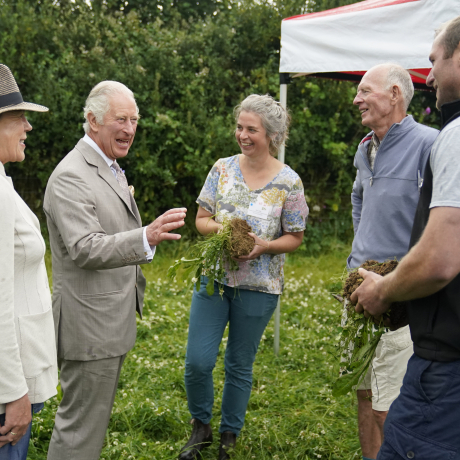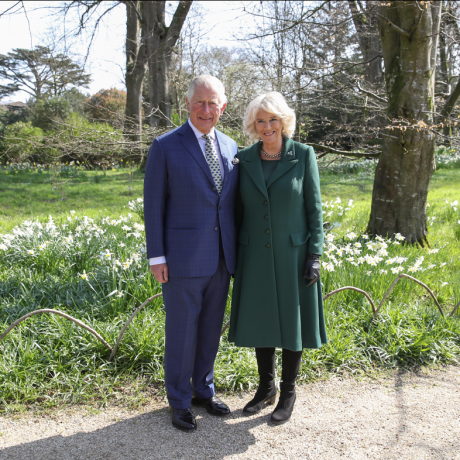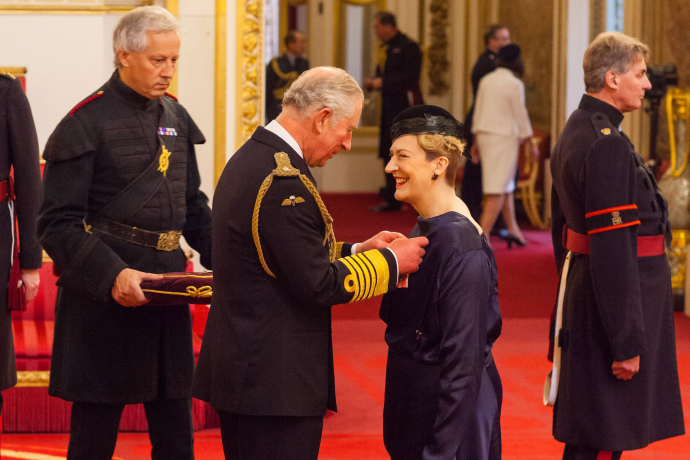A speech by HRH The Prince of Wales at the launch of The Prince's Foundation for Integrated Health's Five Year Strategy
Published
In summary then, we can identify real achievements in the last five years and areas where progress needs to be made as integrated health care moves steadily up the Nation’s health agenda:
Ladies and Gentlemen, I’m so grateful to see so many of you here today who have been brave enough to come and listen to stories about the work of my Foundation for Integrated Health which as probably some of you know anyway, for 10 years has been championing the cause of integrated healthcare and of course it is a subject which I’m sure you also know is very dear to my heart.
I just wanted to perhaps remind you that I have actually been involved in this for 20 years since I was rather rashly asked by the British Medical Association to be their President, that’s right, in their 150th anniversary year. And along I went dutifully to the dinner armed with a speech that I’d spent hours and hours and hours working on and all I did was to plead for a little more balance in the approach to the delivery of healthcare and more of an understanding of the treatment of the whole person – using the best of ancient and the best of modern.
So its 20 years now, in fact, its so long ago that I started working at all this we had colloquia of the Royal Society of Medicine and things like this – its so long ago, that of course younger people have no idea that I’ve been interested in this for so long and when I went to open the new Glasgow Homeopathic Hospital for instance a couple of years ago, I met a whole lot of students who were studying homeopathy, I think, and I’ve never forgotten when they said to me ‘Are you interested in homeopathy’ and I thought – I don’t know, why do I bother?
So, I just wanted you to know Ladies & Gentlemen that I’ve actually been pursuing integrated healthcare because I actually believe the integration, as I was saying, of the best of ancient and modern approaches, can be of benefit in the relief of unnecessary suffering on the part of patients – that’s what I really fundamentally believe and in certain cases can be enormously effective and can save money and that’s I think a very important feature it seems to me in the whole equation in today’s world.
So perhaps I could being by reminding you that five years ago, my Foundation published its groundbreaking policy document “Integrated Health Care: A Way Forward for the Next Five Years?” and it set out an extensive programme looking at practical ways in which conventional and complementary health care practitioners could work together to provide better care for patients. And it was published at a time when scepticism about such thinking was much more ingrained than it is now. So that at least is something.
But today we celebrate the publication of the Foundation’s follow-up document “Setting the Agenda for the Future”, which sets out its 2003-2008 strategy to encourage further integrated healthcare provision.
Integrated health care is not just another description for complementary medicine, nor is it a substitute for conventional care. An integrated approach has a much wider meaning I think with a focus on health and healing rather than disease and treatment - one that seeks to encompass body, mind and spirit as the proper concern of ‘good’ whole person health care.
So it seems to me that in the complex health care world of the 21st century, no single therapeutic practice could possibly have a monopoly on effective diagnosis and treatment for all conditions. Scientific, psychological, nutritional, environmental and spiritual insights must surely be fully employed to restore and maintain health.
When I first set up my Foundation I had great hopes that its creation would stimulate debate and serve as a catalyst to accelerate change. In my view, integrated health care approaches are now occupying an increasingly important place on the Nation’s health agenda.
There have, for example, been substantive improvements in the British diet and increasing interest and action by Government, but diet-related ill-health, as you Ladies and Gentlemen know better than I, and early death are linked to cardio-vascular diseases, some cancers (for example, breast and colon cancer) – and I’m Patron of all sorts of different cancer organisations so I do come across a lot of this in this area, strokes, diabetes and hypertension. The list of diseases with a dietary linkage is long and there is increasing concern about overweight and obesity in young people – which seems to be catching up with American levels which is I think ever more worrying frankly and I know that much work is underway, but I believe that my Foundation, working in close co-operation with others in the field, can contribute to the urgent work of identifying solutions.
More and more people are using complementary healthcare alongside conventional healthcare. The University of Sheffield recently calculated that nearly one in 10 of us have visited a practitioner of one of the six main complementary professions in the last year. That’s 22 million visits to complementary therapists, eight million more than visited accident and emergency departments.
It has also been heartening to see more integrated services being provided within the National Health Service. A new Sheffield University study of 800 GP practices suggested that almost half offered access to some form of complementary health care, 10 per cent more than in 1995. But there are still huge variations across the country. So, for example, even when a GP recommends a patient to use one of the more widely used complementary treatments such as acupuncture or osteopathy, eight out of 10 patients are charged for their treatment. More work is needed I think to try to secure wider availability of integrated approaches through the NHS and here I peer meaningfully at Sir Nigel Crisp.
But by way of example of the demand for such services, Newcastle Primary Care Trust was one of the projects short-listed for my Foundation’s Awards for Good Practice in Integrated Health Care two years ago. There are parts of Newcastle where, sadly, levels of deprivation, poor health and chronic long-term sickness are high. In some parts of the Trust area, one in five residents are unable to work due to ill-health.
Requests from local people resulted in the creation of a pilot project to provide complementary health care free on the NHS and it has been a resounding success Ladies & Gentlemen; 70 per cent of those making use of complementary healthcare on the NHS - which includes acupuncture, osteopathy and therapeutic massage - live in the most deprived areas of Newcastle.
Of course, there are many demands on NHS resources, but I do firmly believe that an integrated approach, particularly for those with chronic conditions, may have much to offer the health service, particularly in terms of cost savings and where service provision is made, it does appear to be heavily utilised.
An integrated approach offers different therapeutic options, which is why last year I was so very pleased to launch my organisation’s Primary Care Initiative which is designed to support a range of projects within the NHS. At the heart of the strategy is the aim of ensuring that patient needs and choice are being properly met, something which I am pleased to acknowledge is, in general, now receiving much greater prioritisation.
But at the same time, Ladies and Gentlemen, if the NHS is being encouraged to provide a more integrated approach, then it does, quite rightly, require reassurance that complementary medicine is being offered by competent practitioners. The House of Lord’s Select Committee Report on Complementary and Alternative Medicine in 2000, quite sensibly recommended that only complementary professions which were statutorily regulated, or which had well-established arrangements for voluntary self-regulation, should be made available through the NHS.
Over the last four years it has been very rewarding to see the considerable progress made by my Foundation, supported by a generous grant from the King’s Fund, in assisting the different complementary professions to develop improved arrangements for regulation. As we know, the professions of Osteopathy and Chiropractice are now regulated in the same way as doctors and dentists, with their own Acts of Parliament. I’m very proud to have played a tiny role in trying to push for that Act of Parliament over the years. It has also been reassuring to see the progress being made by the other main complementary professions and I look forward to the further development of regulatory frameworks enabling high standards of training, clinical practice and professional behaviour.
Now turning to research into complementary medicine, it appears essential to evaluate complementary and integrated approaches to health if we expect the NHS to fund such treatment. At long last, at long last, progress on this is being made. I am delighted that in England, the Government is funding five research fellowships in complementary medicine due to start this Autumn. This is a highly significant and positive development and I do hope that it will be followed by similar initiatives in Northern Ireland, Scotland and Wales.
I asked Lesley Rees just now if I could say anything about evidence based research and I’m not allowed to really, but I just wish there was some room left for anecdotal evidence along the line but maybe we’ll get there one day.
In summary then, we can identify real achievements in the last five years and areas where progress needs to be made as integrated health care moves steadily up the Nation’s health agenda:
First of all there is increasing use by the public of integrated health care approaches;
Secondly, we are seeing much more systematic co-operation between conventional and complementary practitioners;
Thirdly, underpinning all this, we need substantial advances in developing a regulatory framework which will raise standards and increase public confidence in services.
All this Ladies & Gentlement, I believe, provides a solid base from which my Foundation can be confident about the success of its strategy in the next five years and I very much hope we can work constructively with many of you in this room during this period.
I can only say that in five more years time it would be the best possible 60th birthday present together with my old age pension if the integrated approach had become more firmly established in the way the nation’s healthcare is delivered.
Related content
The King and Queen, joined by Members of the Royal Family, will mark the 80th anniversary of the D-Day Landings
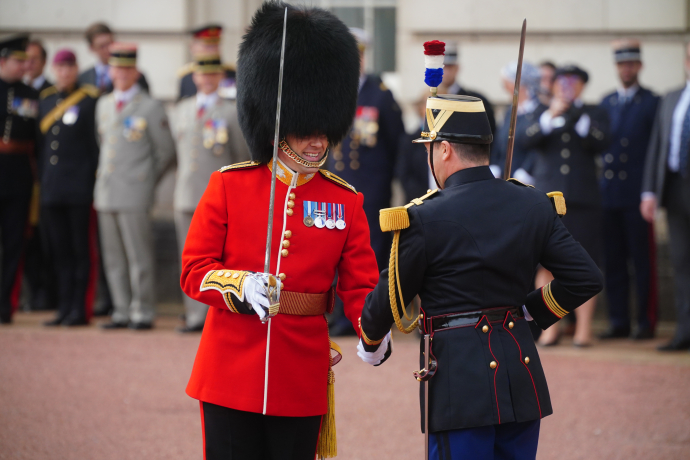
The King's support of the Arts
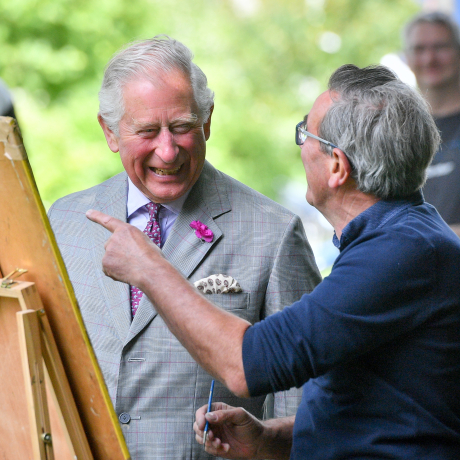
A message from The King on the 75th Anniversary on the Founding of N.A.T.O.
Message from The King for the 2024 Royal Maundy Service
It is my special prayer today that Our Lord’s example of serving one another might continue to inspire us and to strengthen all our communities.
Message from The King to mark the 70th anniversary of the end of the Korean War
It is our duty to remember what was once called “the Forgotten War”.
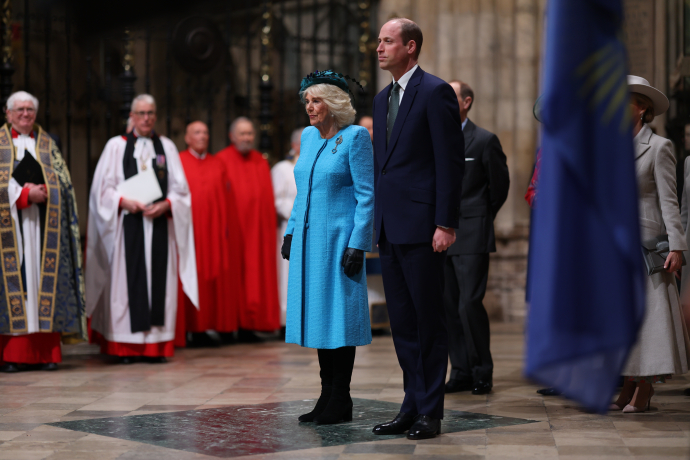
The King's Commonwealth Day Message 2024
The Commonwealth family is strongest when we are connected, through friendship.
A message of condolence from The King to the President of Tanzania following the passing of former Tanzanian President, Ali Hassan Mwinyi
My thoughts and prayers are with former President Mwinyi’s family and the Tanzanian people at this time.
Charities and Patronages

The King's message marking two years of conflict in Ukraine
My heart goes out to all those affected, as I remember them in my thoughts and prayers.
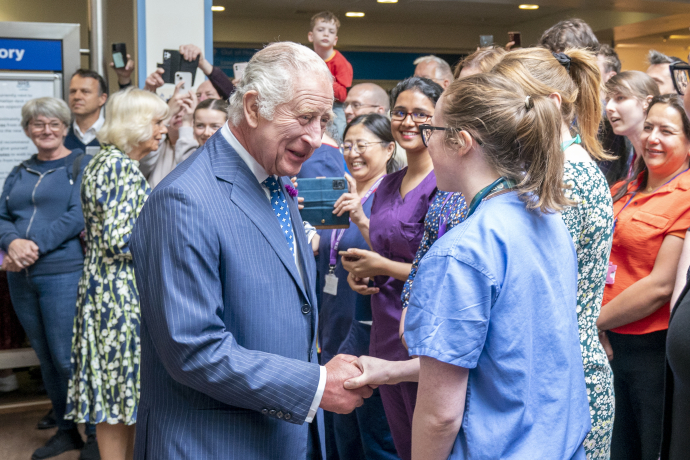
A message from His Majesty The King to Grenada marking their 50th year of Independence
On the occasion of the fiftieth Anniversary of the Independence of Grenada, it gives me great pleasure to send you all my congratulations and warmest good wishes.
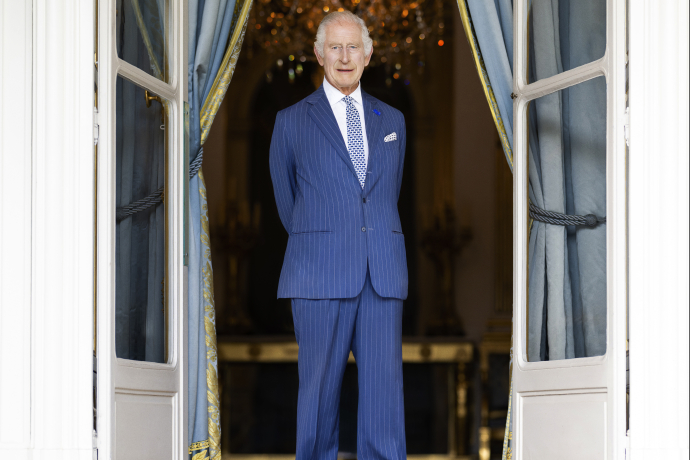
A message from His Majesty The King for the launch of Big Help Out 2024
I have long believed that one of the greatest strengths of our nation is our ability to come together and help each other through times of hardship. Throughout my life, I have...
A message from His Majesty The King to Their Majesties King Frederik X and Queen Mary of Denmark
I look forward to working with you on ensuring that the enduring bond between our countries, and our families, remains strong, and to working together with you on issues which...

The King and Faith
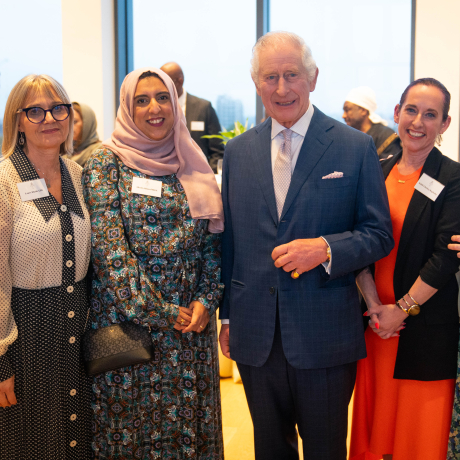
A speech by His Majesty The King at the opening of COP28, Dubai, U.A.E
Change will come by working together and making it easier to embrace decisions that will sustain our world, rather than carry on as though there are no limits – or as though...
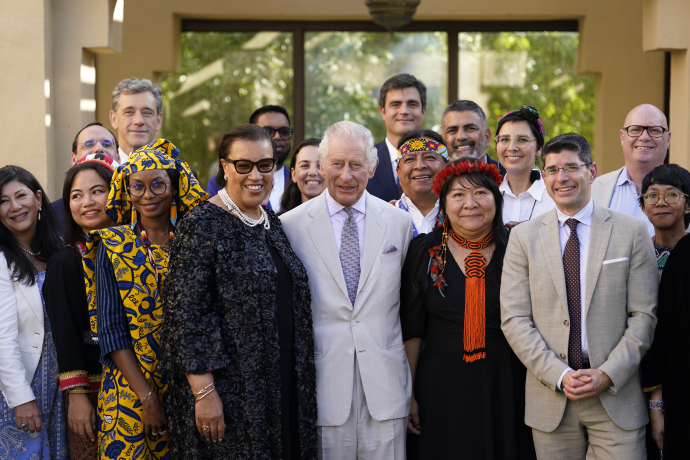
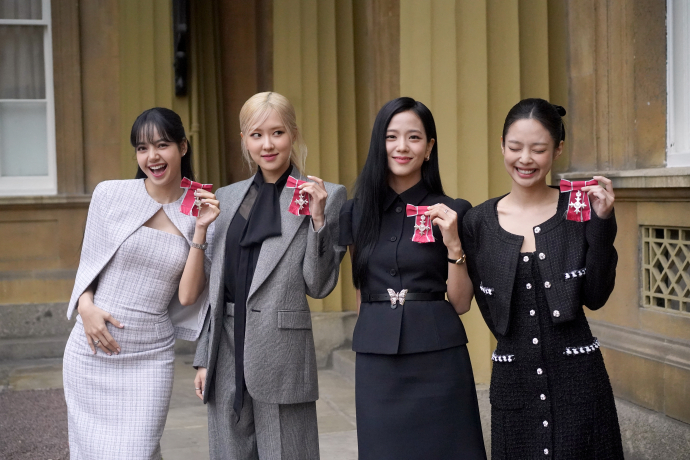
The King's speech at the State Banquet for the Republic of Korea
As our nations strive towards a harmony between progress and preservation, between the past and the present, we can look to the future with great confidence as our peoples...

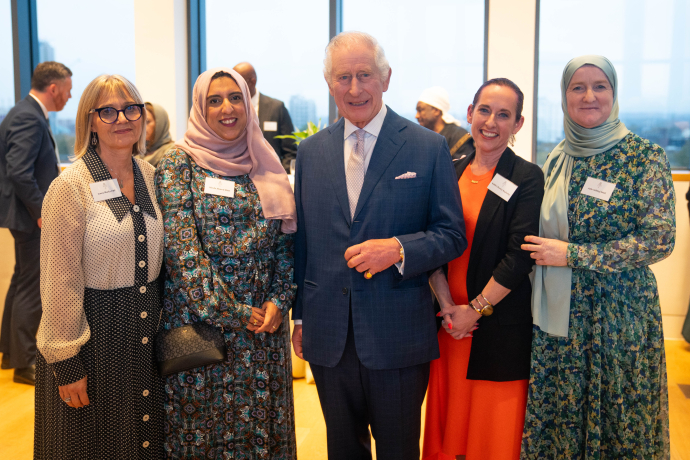
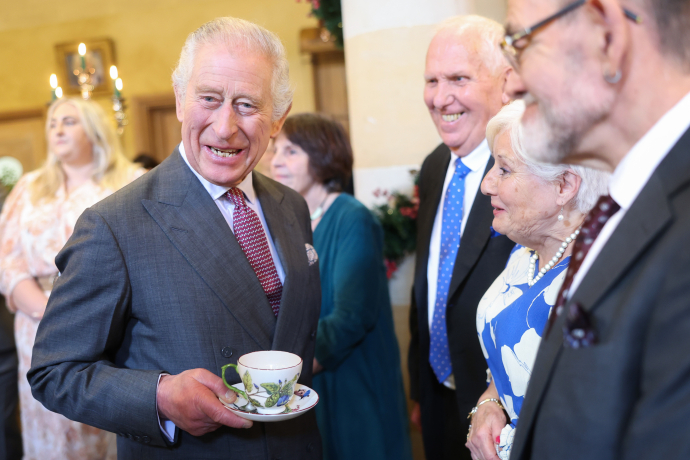
The Coronation Food Project
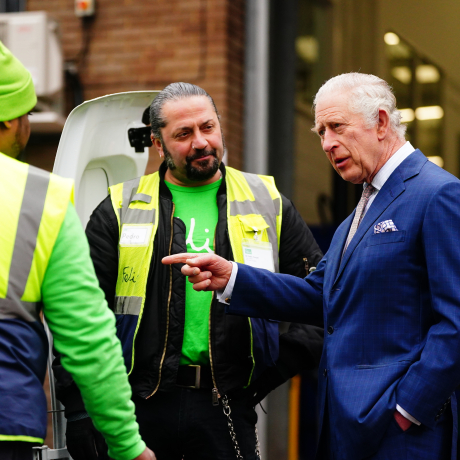
Charities founded by His Majesty The King as The Prince of Wales
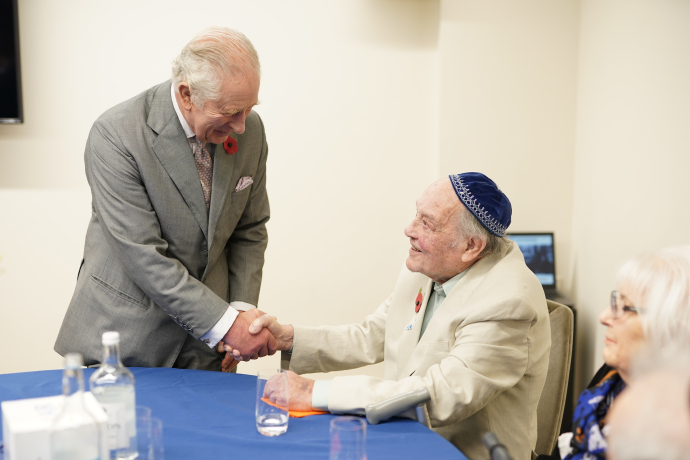


Further information about the State Visit of the President of the Republic of Korea
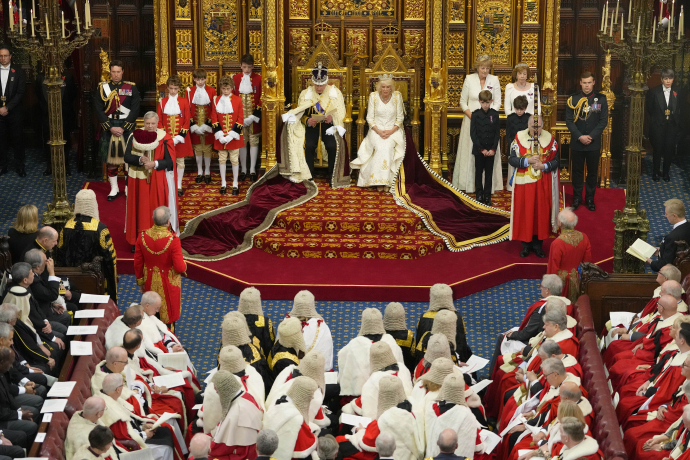
Remarks by His Majesty The King at the United Nations Office Nairobi, Kenya
As we look ahead to COP twenty-eight in another months time, we must remember what President Ruto said at the Africa Climate Summit – “we go far when we go together”.
A Speech by His Majesty The King at the State Banquet, Kenya
We both take considerable pride in renewing the ties between the United Kingdom and Kenya, a country that has long held such special meaning for my family.
